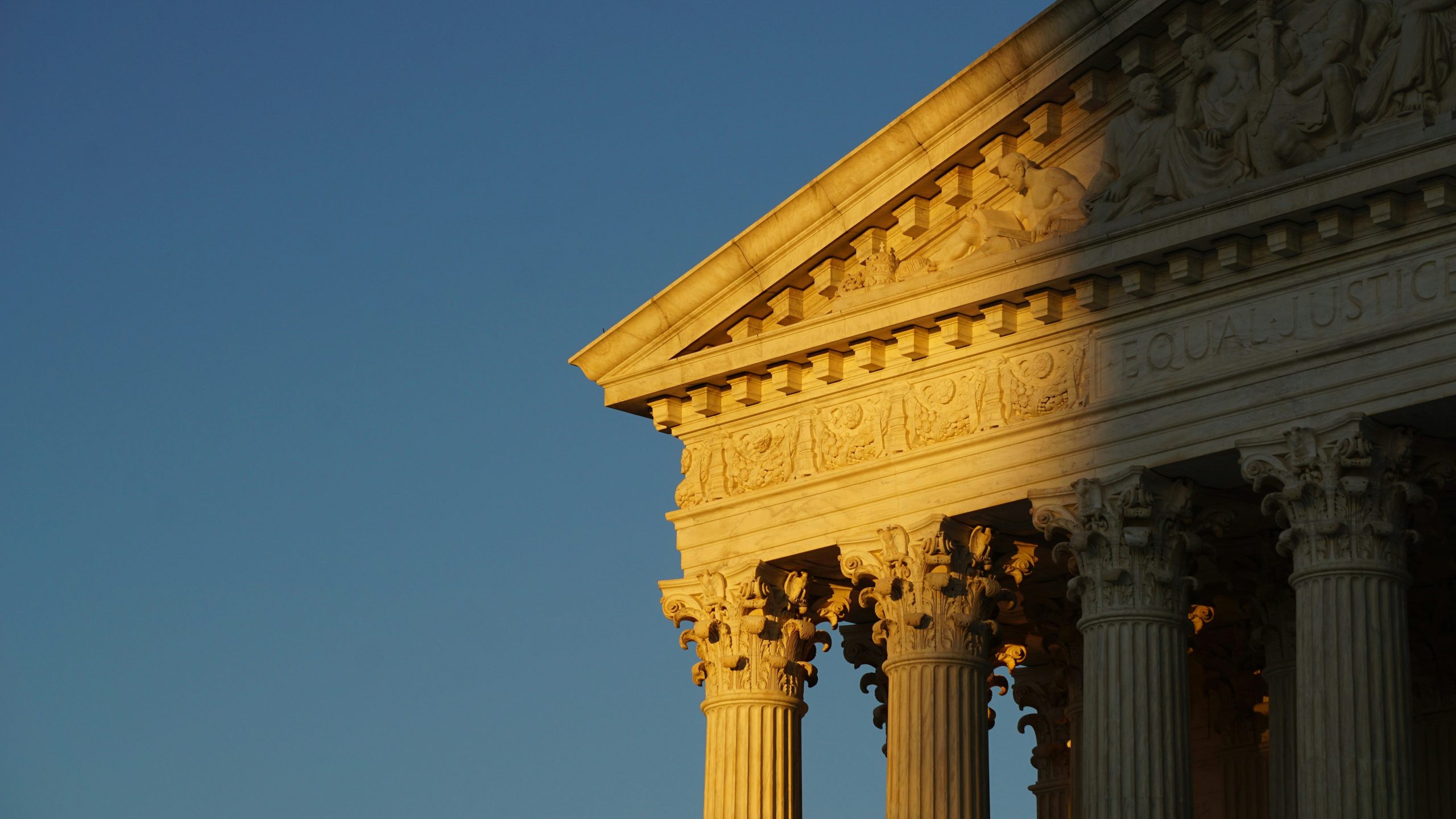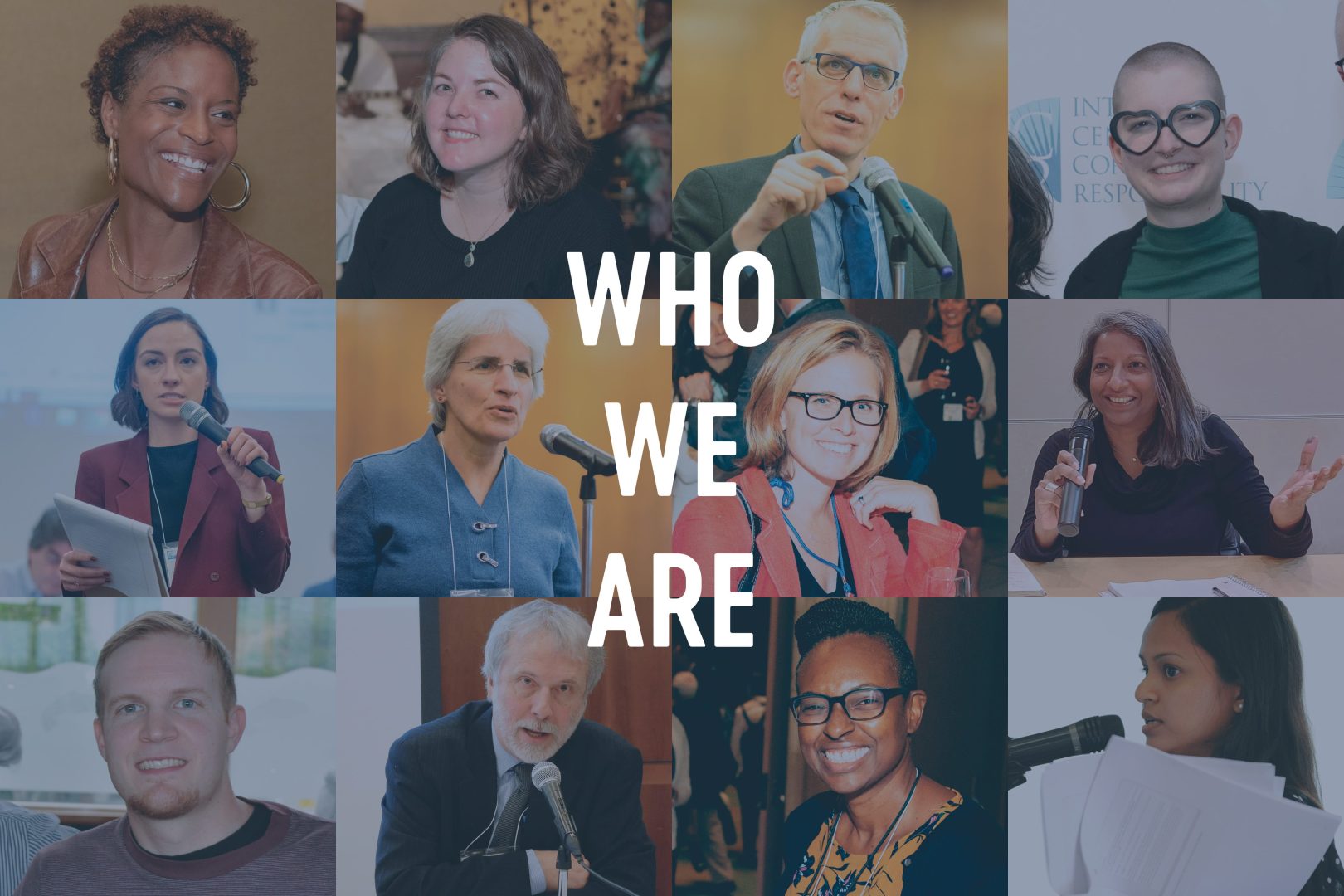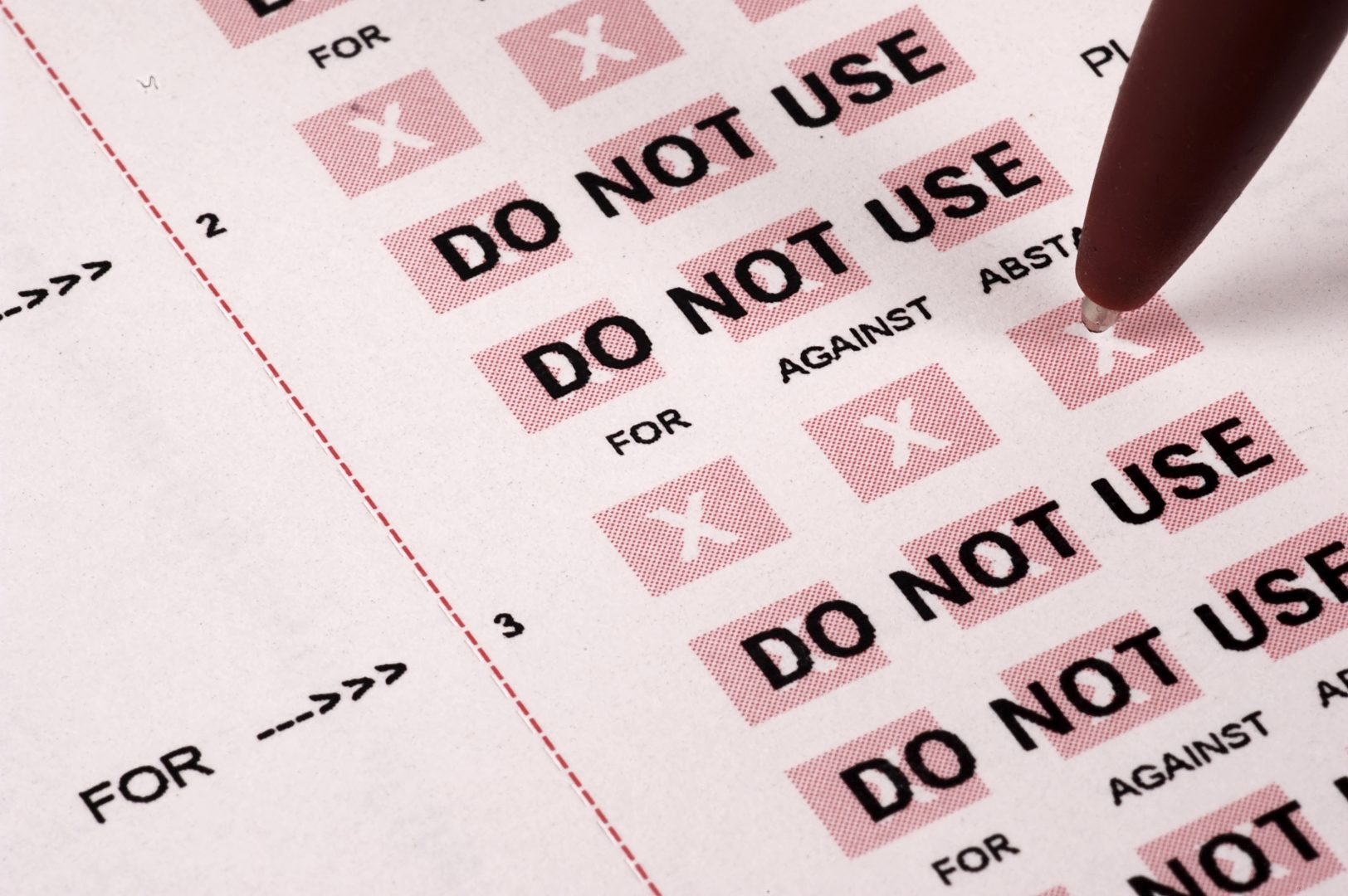Supreme Court Deals a Significant Blow to Ability of Federal Agencies to Put Sensible Guardrails on Corporate Conduct

FRIDAY, JUNE 28, 2024 - The Interfaith Center on Corporate Responsibility laments the U.S. Supreme Court’s overturning of the decades-old doctrine of Chevron deference, which gives deference to federal agencies to write sensible rules to carry out the laws of Congress. In scuttling this important doctrine, the Supreme Court will make it harder for federal agencies to issue rules and regulations to safeguard the public, putting current and future regulations on the environment, labor, health, finance, and other critical areas of public interest at risk.
The decision today is even more concerning on top of the Court’s decision yesterday in Securities and Exchange Commission v. Jarkesy, in which the Court has potentially stripped away the ability of federal agencies to meaningfully enforce the laws of Congress. These two decisions, taken together, deal a significant blow to fundamental corporate accountability mechanisms.
The legal challenges to the doctrine of Chevron deference are part of a broad and well-funded attack on corporate accountability by trade associations and special interest groups that seek to erode and dismantle public policy that would put reasonable guardrails on corporate conduct. The doctrine was contested at the Supreme Court in a pair of cases: Loper Bright Enterprises v. Raimondo and Relentless Inc. v. Department of Commerce - two commercial fishing groups challenging a National Marine Fisheries Service rule.
Chevron deference was a legal doctrine established in 1984 that instructed judges at all levels of government to defer to the experts at federal regulatory agencies to decide how laws within their remit should be interpreted. For example, when Congress passes laws to protect the public from unsafe foods and medicines, water and air pollution, unsafe work environments, or predatory financial products, it defers to subject-matter experts at agencies like the Food and Drug Administration, Environmental Protection Agency, Occupational Health and Safety Administration and the Consumer Financial Protection Bureau to determine how to write rules to fulfill the mandate of those laws to best protect the public interest. In practical terms, Chevron deference ensured that agency experts, not unelected judges, make policy decisions.
Unlike judges, federal agencies are subject to regular oversight by both the President and Congress and must go through a public comment process before regulations can be issued or altered. In overturning Chevron deference, the Court is inviting judges to blur the separation of powers by making policy decisions based on ideology, when Congress intended federal agencies to make such decisions based on expertise and deliberation.
Said Josh Zinner, ICCR’s CEO, “The ability of federal agencies to issue regulations in the public interest is foundational to our democracy, by ensuring that there are sensible guardrails in place that prioritize the public interest and minimize corporate overreach. Without reasonable regulations, corporations can profit from practices that externalize costs onto the public, to the detriment of society. Today’s ruling further concentrates power in the judiciary, reduces the government’s ability to ensure a level playing field, and once again demonstrates that the U.S. Supreme Court will put corporations before the American public. The Court’s decision will likely embolden special interests and industry trade associations to challenge a vast array of critical rules and regulations and ensure that policy and ideological preferences on the part of judges will play a far greater role in deciding regulatory cases.”
CONTACT:
Susana McDermott
Director of Communications
Interfaith Center on Corporate Responsibility (ICCR)
201-417-9060 (mobile)
smcdermott@iccr.org
About the Interfaith Center on Corporate Responsibility (ICCR)
The Interfaith Center on Corporate Responsibility (ICCR) is a broad coalition of more than 300 institutional investors collectively representing over $4 trillion in invested capital. ICCR members, a cross-section of faith-based investors, asset managers, pension funds, foundations, and other long-term institutional investors, have over 50 years of experience engaging with companies on environmental, social, and governance (“ESG”) issues that are critical to long-term value creation. ICCR members engage hundreds of corporations annually in an effort to foster greater corporate accountability. Visit our website www.iccr.org and follow us on Twitter/X (@iccronline), LinkedIn, and Facebook.





